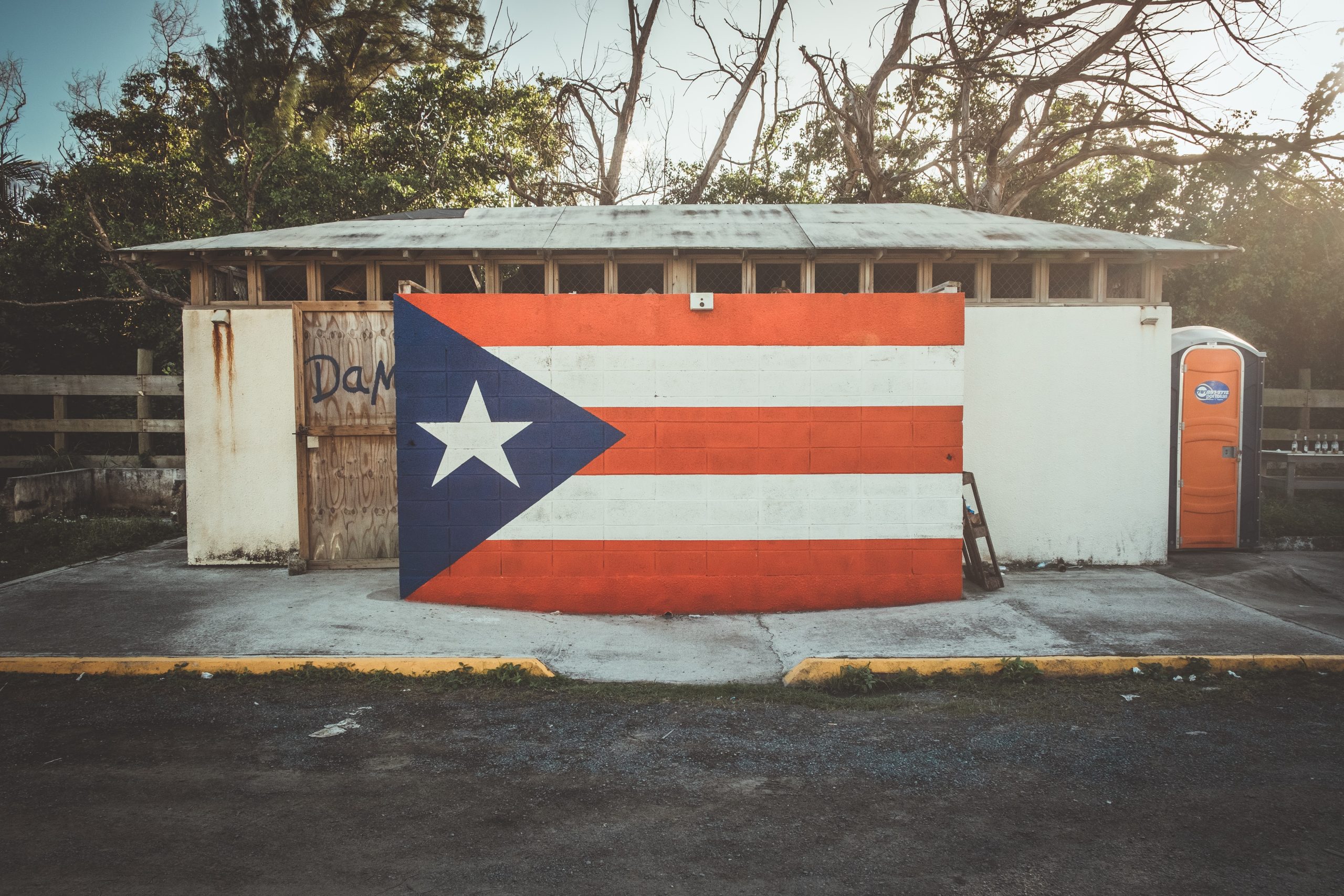Velázquez introduces the Puerto Rico Status Act
U.S. Rep. Nydia Velázquez released legislation last week aimed at decolonizing Puerto Rico called the Puerto Rico Status Act. There is a long history of Puerto Ricans migrating to New York City, and to this day, the city still “has the largest Puerto Rican population of any city in the world." The post Velázquez introduces the Puerto Rico Status Act appeared first on New York Amsterdam News.


U.S. Rep. Nydia Velázquez released legislation last week aimed at decolonizing Puerto Rico called the Puerto Rico Status Act.
There is a long history of Puerto Ricans migrating to New York City, and to this day, the city still “has the largest Puerto Rican population of any city in the world.” The looming question of chasing statehood versus maintaining territory status has come up time and again over the decades for Puerto Ricans both on the island and back in the states.
“We’re here today because we have a moral obligation to decolonize Puerto Rico,” said Velázquez in an address. “This is a human rights issue because the current status is unsustainable and unfair.”
A brief history of the island tells us that the native people of Puerto Rico were under colonial Spanish rule for centuries after being invaded by Christopher Columbus in 1493. In the 16th century the Spanish violently imported and enslaved Africans on the island so that they could produce cash crops such as sugar cane, ginger, tobacco and coffee. By 1868 there were waves of rebellious uprisings against the Spanish that didn’t come to bear. During the Spanish-American War in 1898, the U.S. invaded Puerto Rico and it soon after became a territory, said History.com.
The U.S. congress passed the Jones-Shafroth Act in 1917, giving all Puerto Ricans citizenship and made men eligible for the military draft. As a result, about 18,000 islanders were drafted into World War I. It wasn’t until after WWII that Puerto Rico became a self-governing U.S. commonwealth. Basically, the only thing they can’t do is vote for the president, said History.com.
“From the very beginning, I was very clear with all the parties at the table that we needed to listen to Puerto Ricans and pay close attention to their feedback. There cannot be a true decolonization process without the voices of Puerto Ricans being front and center,” said Velázquez. “After all it will be up to them to choose the decolonization option that they deem best.”
Velázquez’s bill, HR8393, took nine months of “extremely difficult” negotiations, she said. The bill clearly defines the island’s non-territory status options towards statehood, independence, and free association. Puerto Ricans will be able to vote on which.
“I’m a proud Puerto Rican woman, born and raised here in the Lower East Side. Much of my family is still on the island so the status of Puerto Rico is personal to me as it is to so many New Yorkers. Sometimes they call Puerto Rico the 6th borough,” said Councilmember Carlina Rivera. “I support anything that gives the Puerto Rican people on the island autonomy over their future. Any decision over their status should be theirs and theirs alone. I think most Boricuas you talk to would agree with that,” continued Rivera about decolonization options.
Ariama C. Long is a Report for America corps member and writes about culture and politics in New York City for The Amsterdam News. Your donation to match our RFA grant helps keep her writing stories like this one; please consider making a tax-deductible gift of any amount today by visiting: https://tinyurl.com/fcszwj8w
The post Velázquez introduces the Puerto Rico Status Act appeared first on New York Amsterdam News.







